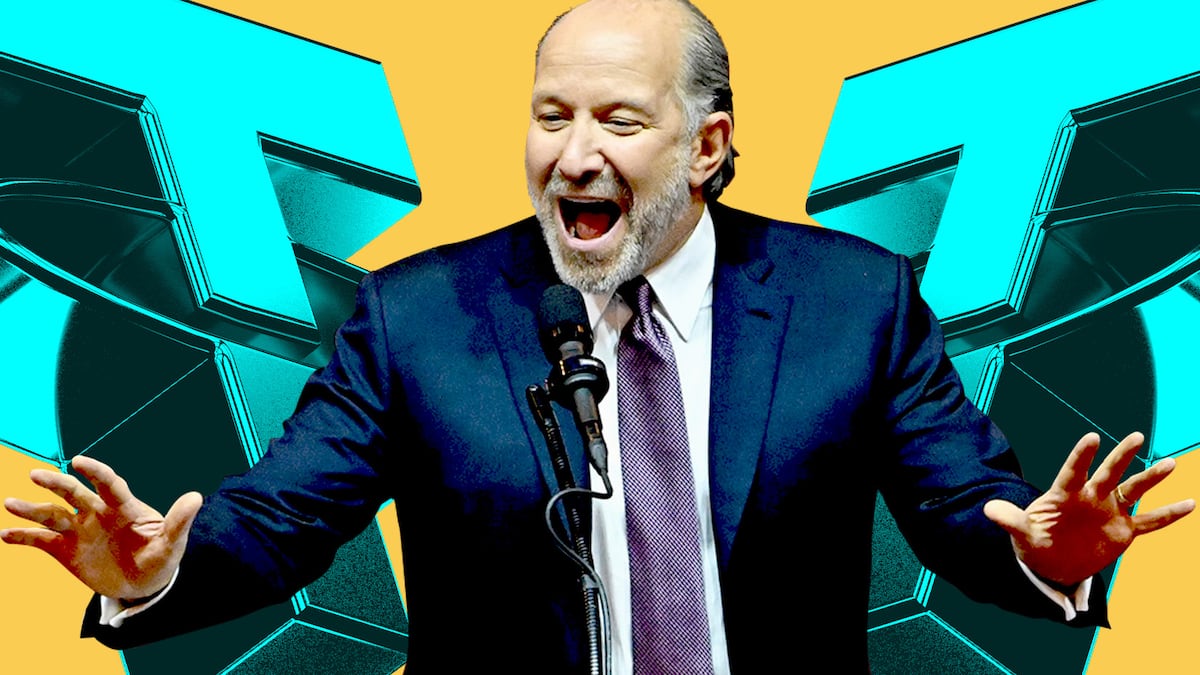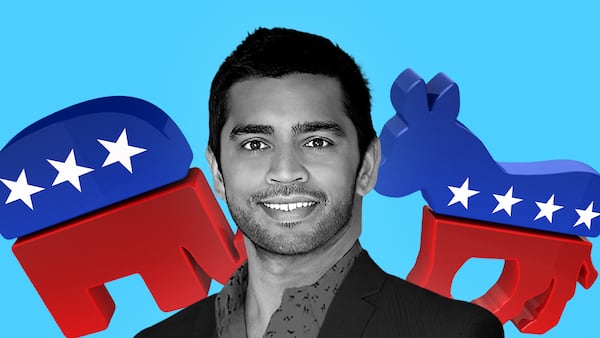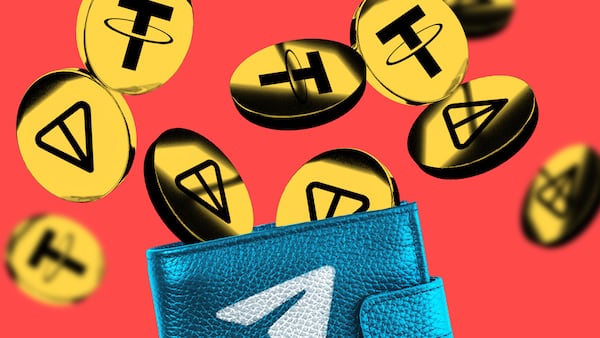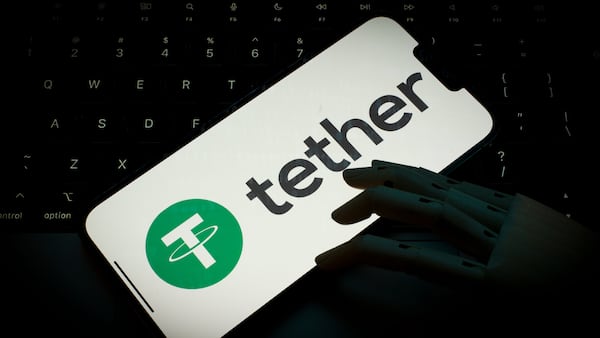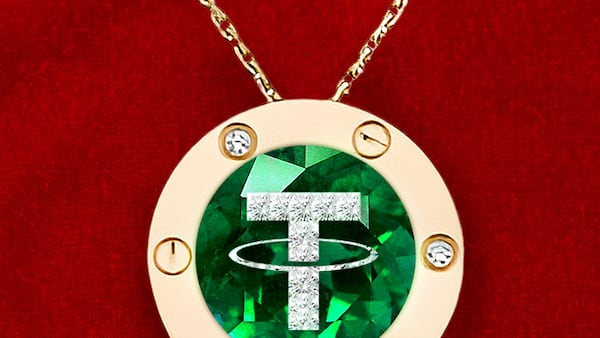- Cantor Fitzgerald manages US Treasuries to support USDT.
- Howard Lutnick is the co-chair of Trump's transition team.
- Should Trump prevail on November 5, Lutnick would be an influential crypto advocate in the White House.
Howard Lutnick may be the most powerful crypto player few in crypto have ever heard of.
As the longtime chairman and CEO of Cantor Fitzgerald, a New York financial services firm, Lutnick is steeped in the inner workings of capital markets.
His company not only deals trillions of dollars in US government debt to investors, it also maintains a lockbox of securities that are vital to the top stablecoin in the $2.4 trillion cryptocurrency market.
Cantor manages US Treasury bonds that back up USDT, the stablecoin issued by Tether with a market value of $120 billion.
“While naysayers have had their go at Tether over the years, it’s heartening to hear Lutnick affirming the robustness of our reserves,” Tether CEO Paolo Ardoino told DL News in January.
Now, Lutnick is poised to become one of crypto’s most powerful allies.
Tether champion
As a major fundraiser for Donald Trump, Lutnick is the co-chair of the transition team that will swing into action if the former president wins a second term on Tuesday.
Given Trump’s vow to make the US a “Bitcoin superpower,” Lutnick will be well positioned to carry out his boss’s wish.
For starters, the transition team will vet the heads of the next Administration’s regulatory agencies, including the US Securities and Exchange Commission.
With Lutnick involved, chances are that SEC Chair Gary Gensler’s crypto crackdown would rapidly give way to a far more permissive regulatory climate.
A representative for Lutnick at Cantor declined to comment, and Tether did not respond to requests for comment.
The 63-year-old billionaire isn’t only doing business with Tether — he’s personally vouched for a crypto firm that is often swept up in controversy.
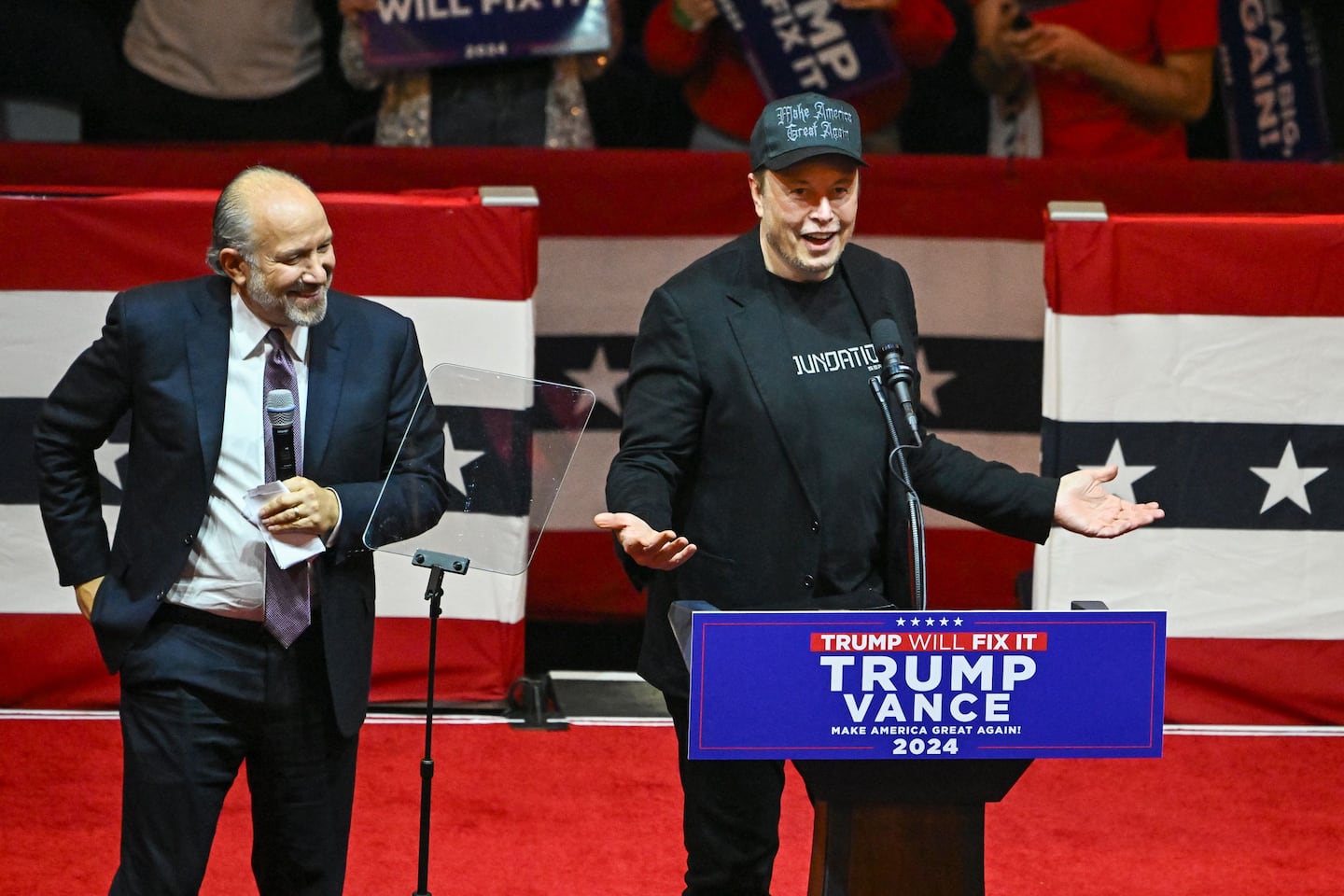
Authorities worldwide have said terrorist groups and organised crime syndicates use USDT to raise funds and launder billions in dirty money.
And critics over the years have questioned whether Tether can back up its US dollar-pegged stablecoin with real money.
“There’s a company that I like called Tether,” Lutnick said in a televised interview at the World Economic Forum in Davos, Switzerland, in January. “From what we’ve seen, and we did a lot of work, they have the money they say they have.”
Power player
While crypto supporters may not know much about Lutnick, the New Yorker has been an influential player on Wall Street for 30 years.
Lutnick joined Cantor Fitzgerald in 1983 and rapidly rose to become CEO in 1991. He presided over the bond trading markets from Cantor’s offices on the 101st to 105th floors of the North Tower in the World Trade Center in Manhattan.
On the morning of September 11, 2001, Lutnick had not yet reached his office when Al Qaeda terrorists flew jetliners into the Twin Towers. The attack killed 658 Cantor employees, and Lutnick became the face of the grief-stricken financial community.

Lutnick managed to rally remaining employees and save the firm but became embroiled in a dispute with some of the surviving families over relief pay. He formed a fund that paid out $180 million and health insurance to Cantor families over the next decade.
Meanwhile, Cantor retained its position as one of 24 highly regulated primary dealers in the hyper-competitive $24 trillion Treasury market.
Primary dealers, including JPMorgan and Bank of America, trade directly with the Federal Reserve and can quickly liquidate Treasuries for cash.
Lutnick also expanded Cantor’s business with eSpeed, its electronic trading platform, which was merged with BCG Partners in a $1.3 billion deal in 2007.
As Cantor grew more diversified, Lutnick had chance meeting with Giancarlo Devasini, Tether’s chief financial officer. When the Office of the Controller of the Currency said in July 2020 that banks could provide custody and clear digital assets, Lutnick saw an opportunity.
“I didn’t know anything about digital assets,” he said at Bitcoin 2024, an industry event that took place in Nashville, Tennessee earlier this year. “I go on a hunt to meet everybody that matters.”
That included Sam Bankman-Fried, the disgraced FTX CEO who is now serving a 25-year prison sentence for fraud.
Primary dealer
Cantor agreed to start managing assets for Tether’s reserves in 2021, according to a Wall Street Journal report. The stablecoin issuer needed to amass billions in cash and cash equivalents to back up USDT. Thanks to their liquidity and relatively low risk, government bonds fit the bill.
“The whole point of being a primary dealer is if you need liquidity on US Treasuries, Big Daddy, the US government, stands behind Cantor Fitzgerald,” Lutnick said at the Bitcoin event.
For years, Tether was dogged by questions about whether it truly did back up USDT with dollars and cash equivalents like Treasuries. Tether promises investors that every stablecoin it issues is supported on a “1-to-1″ basis by fiat currency and reserves.
Tether publishes a quarterly “attestation” detailing the assets on its balance sheet. In its latest report, Tether said it held more than $80 billion in Treasury bills, as well as corporate bonds, gold, Bitcoin, and cash.
Buoyed by its reserves, USDT has become one of the most popular products in crypto largely by making it easy for users to convert crypto to fiat currencies and vice versa. The stablecoin has also become a haven in developing economies where fiat currencies can suffer sudden devaluations.
Crime rackets
Yet USDT has also become a go-to tool for organised crime, terrorist groups, and money launderers, say authorities.
In January, the United Nations Office on Drugs and Crime said the stablecoin was the “preferred choice” in Asian crime rackets, and more than $17 billion in USDT was used on underground crypto exchanges, and in illegal trades and criminal activities.
Tether has long said it is cooperating with the Department of Justice and other agencies on illicit finance cases. The company said it was “disappointed” with the UN’s assessment, given its role in developing economies in emerging markets.
In October, The Wall Street Journal reported that Tether was under criminal investigation over allegations that the firm had violated anti-money laundering rules and sanctions laws.
Paolo Ardoino, Tether’s CEO, denied the report and said on X that the article was “regurgitating old noise.”
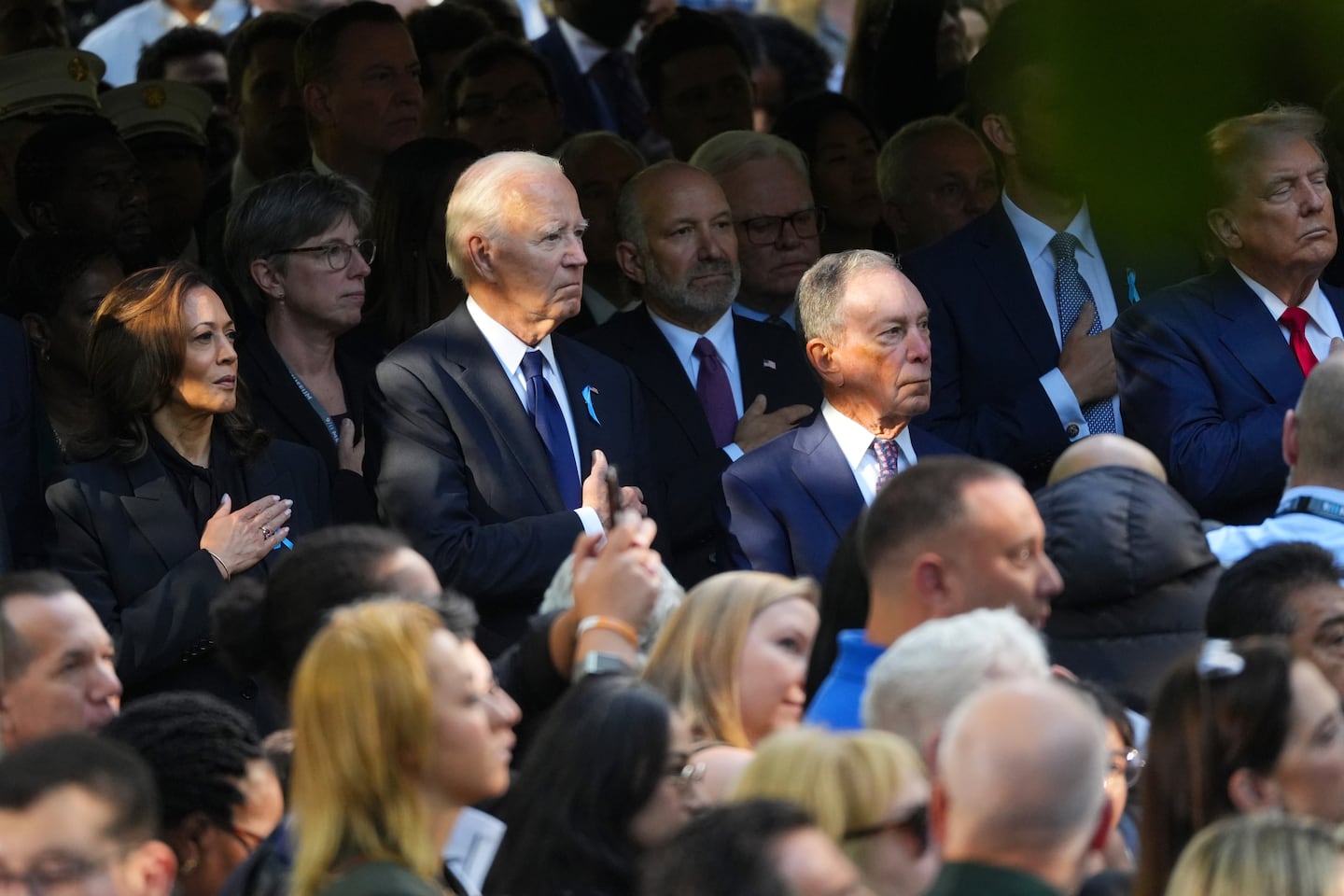
Lutnick and Cantor have taken a firm hand in organising Tether’s reserves.
At Bitcoin 2024, Lutnick said the stablecoin provider gave him and Cantor full access to company accounts.
“We found every penny,” he said. “But they had it in some pretty god forsaken places.”
Case in point: Chinese short-term commercial debt.
“I told them we would onboard them to Cantor provided, when these assets matured, they would send the money to Cantor and we would buy US Treasury bills.”
Now Lutnick has become more than a business partner for the world’s top stablecoin issuer.
He may just be crypto’s advocate in the Oval Office.
Liam Kelly is DL News Berlin-based DeFi Correspondent. Got a tip? Email at liam@dlnews.com.
